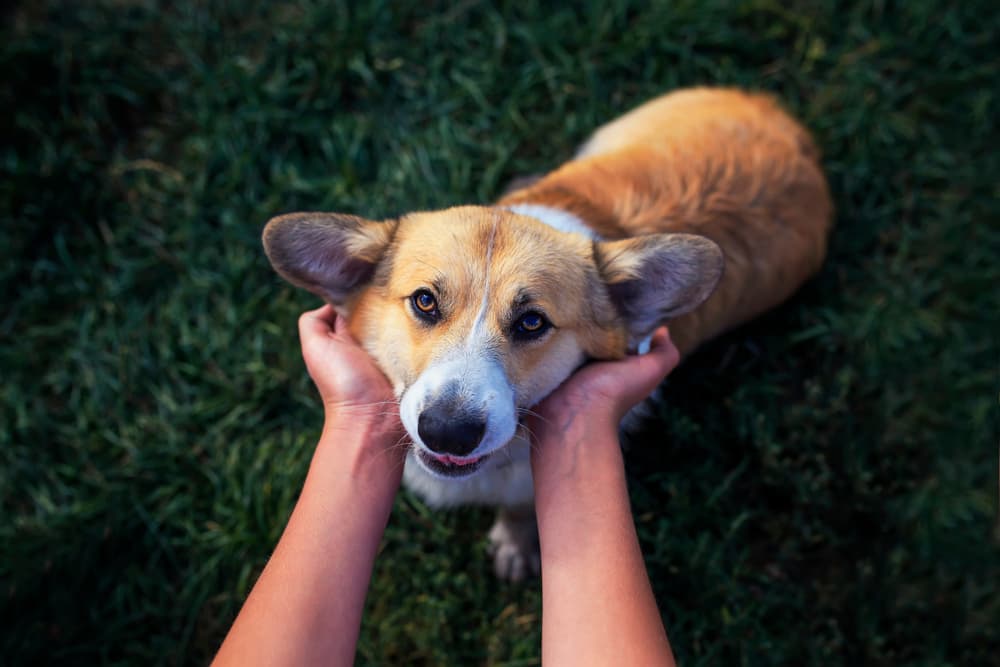Why Does My Cat… Vomit After Eating?
Published on July 30, 2011

Have you ever gotten up in the morning or come home from work at night to be greeted by a pile of vomited food on the floor? If your cat vomits undigested food a short time after eating, you may have a serious problem, but not necessarily. Cats are known for eating things they shouldn’t (plastic, sewing needles, thread or yarn, you get the picture), so if something gets stuck in the esophagus or stomach, this can cause vomiting or regurgitation of food when the cat tries to eat. However, if a healthy cat simply eats too much food or eats too quickly, the food may come right back up. So how do you know if you have a problem? Here are some tips:
- If your cat tends to eat very quickly, try feeding smaller, more frequent meals to help discourage gorging.
- Hair balls can cause vomiting of food material. If you’re unsure about how to manage hairballs, ask your veterinarian for advice. If hairballs don’t seem to be the cause, seek veterinary care.
- Frequent or abrupt diet changes can cause some cats to vomit food. If a diet change is necessary, try to do it gradually (over a period of at least a week or so). Don’t forget that new treats also constitute a diet change, so if vomiting occurs after trying a new treat, discontinue it for a while to see if the problem resolves.
- Cats that develop food allergies sometimes vomit after eating.
When in doubt, it’s always best to tell your vet what’s happening. She can determine whether you have a serious problem or not, and advise you about the best way to help your cat through this problem.
The Importance of Cat Health Insurance
Your cat health insurance policy can help to offset unexpected treatment costs. These costs may include veterinary visits, prescription medications, or procedures such as imaging or surgery.
Find a personalized plan for your cat by using the insurance finder below:
More on Vetstreet.com:


